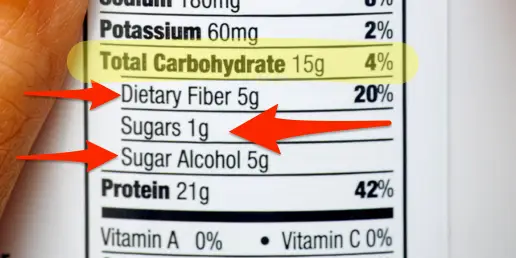The world of college sports has changed dramatically in recent years, and perhaps no change has been more significant than the National Collegiate Athletic Association’s (NCAA) decision to allow college athletes to profit from their name, image, and likeness (NIL). This has opened up a new world of opportunities for student-athletes to monetize their personal brand while still in school. However, with great opportunity comes great responsibility. Student-athletes who want to take advantage of the new NIL rules need to be aware of the legal implications of their actions. That’s where lawyers come in. By working with lawyers who specialize in sports and entertainment law, student-athletes can navigate the complex legal landscape of NIL and make smart decisions that will help them succeed both on and off the field. Legal professionals specializing in Name, Image, and Likeness NIL lawyers in Wisconsin.
What is NIL?
NIL stands for name, image, and likeness. It refers to the right of an individual to control and profit from the commercial use of their name, image, and likeness. In the context of college sports, the term is used to describe the right of student-athletes to monetize their personal brand while still in school.

Before the recent rule changes, college athletes were prohibited from profiting from their NIL under NCAA rules. This meant that they couldn’t accept endorsement deals, sell merchandise, or even make money from their own social media accounts. The only way for a college athlete to earn money was through their scholarship, which only covered tuition, room and board, and other education-related expenses.
Why is NIL important?
The NIL rule changes are significant because they allow college athletes to benefit from their hard work and talent in a way that was previously off-limits. By allowing student-athletes to profit from their NIL, the NCAA has given them the ability to earn money from endorsements, sponsorships, and other business ventures that were previously out of reach.
This is a big deal for student-athletes, many of whom come from low-income backgrounds and struggle to make ends meet while juggling the demands of their sport and their studies. By allowing them to earn money from their NIL, the NCAA has given these athletes a chance to level the playing field and support themselves and their families.
However, the new rules also bring a new set of challenges. Student-athletes who want to take advantage of the NIL rules need to be aware of the legal implications of their actions. They need to understand their rights, their responsibilities, and the potential risks involved in monetizing their personal brand.
How can lawyers help?
This is where lawyers who specialize in sports and entertainment law can play a crucial role. These lawyers have expertise in the legal issues that arise when athletes monetize their NIL, and they can help student-athletes navigate the complex legal landscape of NIL.
There are a number of ways that lawyers can assist student-athletes who want to monetize their NIL:
- Provide legal advice: Lawyers can help student-athletes understand their rights and responsibilities under the new NIL rules. They can advise them on the legal risks and benefits of different business ventures, and help them make informed decisions about their personal brand.
- Negotiate contracts: When student-athletes enter into endorsement deals or other business ventures, they often need to sign contracts that outline the terms of the agreement. Lawyers can help negotiate these contracts to ensure that they are fair and protect the interests of the athlete.
- Protect intellectual property: Student-athletes who monetize their NIL need to be aware of the potential risks of intellectual property theft. Lawyers can help them protect their trademarks, copyrights, and other intellectual property rights, and take legal action if their rights are infringed.
- Provide tax advice: Student-athletes who earn money from their NIL need to be aware of the tax implications of their earnings.



